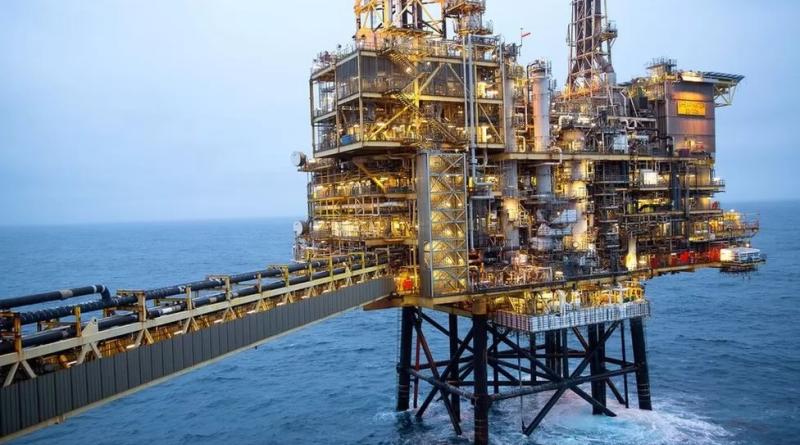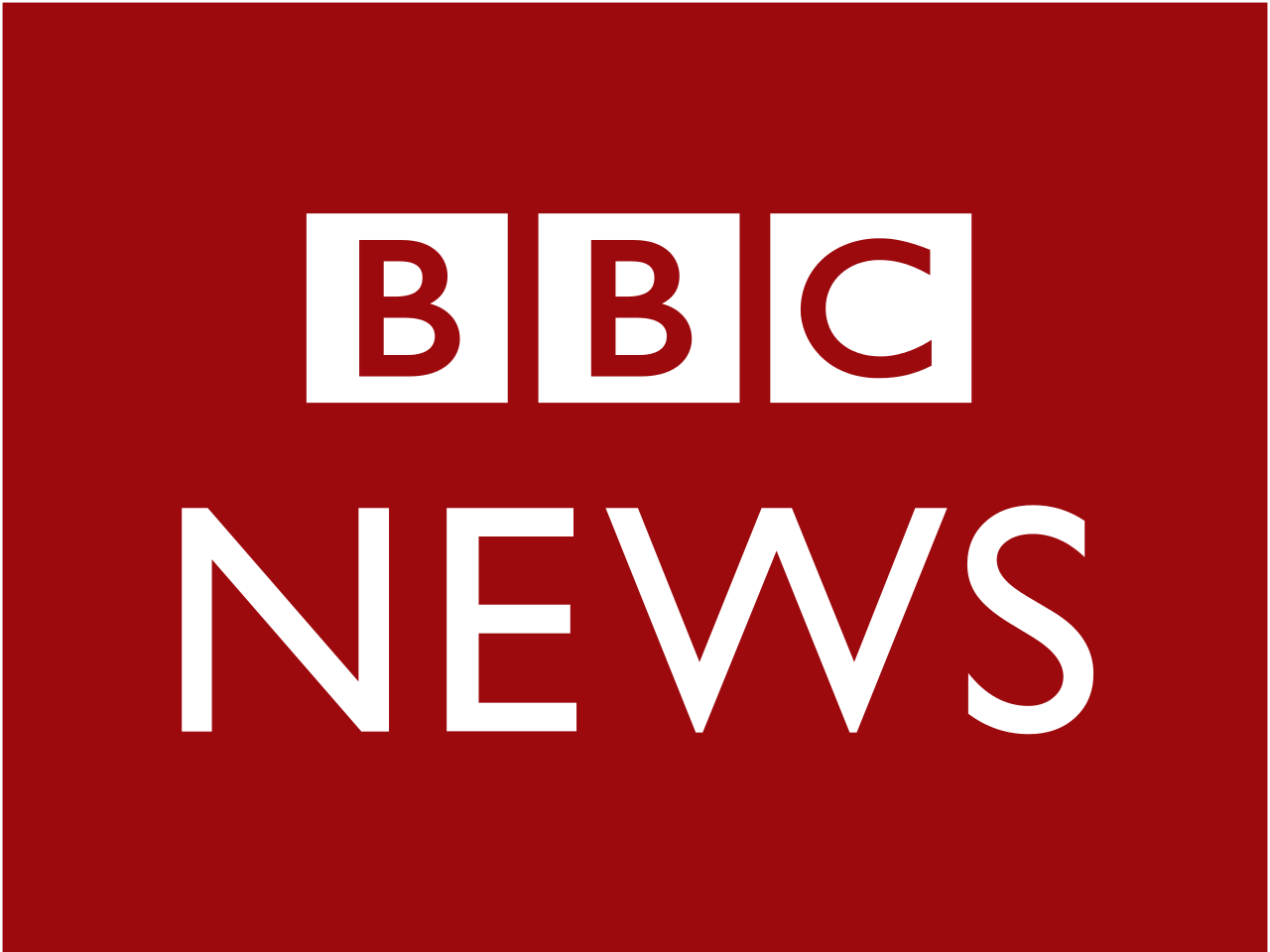Oil giant Shell warns cutting production 'dangerous'

Cutting oil and gas production would be "dangerous and irresponsible", the boss of energy giant Shell has told the BBC.
Wael Sawan insisted that the world still "desperately needs oil and gas" as moves to renewable energy were not happening fast enough to replace it.
He warned increased demand from China and a cold winter in Europe could push energy prices and bills higher again.
Mr Sawan angered climate scientists who said Shell's plan to continue current oil production until 2030 was wrong.
Professor Emily Shuckburgh, a climate scientist at the University of Cambridge, said firms such as Shell should focus on accelerating the green transition "rather than trying to suggest the most vulnerable in society are in any way best served by prolonging our use of oil and gas".
Head of the UN António Guterres recently said investment in new oil and gas production was "economic and moral madness".
Mr Sawan told the BBC: "I respectfully disagree." He added: "What would be dangerous and irresponsible is cutting oil and gas production so that the cost of living, as we saw last year, starts to shoot up again."
The world is in a race to ditch fossil fuels in favour of greener alternatives as globally leaders have pledged to keep the world from warming by more than 1.5C this century.
Last year the European Commission outlined how the EU would speed up its shift to green energy to end its dependency on Russian oil and gas.
Many countries do not have the infrastructure to move to more sustainable forms of energy.
- A really simple guide to climate change
- What does net zero mean?
- Where does the UK get its energy and electricity?
Mr Sawan said an international bidding war for gas last year saw poorer countries like Pakistan and Bangladesh unable to afford liquefied natural gas (LNG) shipments that were instead diverted to Northern Europe.
"They took away LNG from those countries and children had to work and study by candlelight," he said. "If we're going to have a transition it needs to be a just transition that doesn't just work for one part of the world."
Claire Fyson, co-head of climate policy at Climate Analytics, a global science and policy institute, told the BBC: "The idea that it's a choice between our addiction to fossil fuels or working by candlelight is a gross misrepresentation of reality, when we know renewables are cleaner, cheaper and better for public health."
The UK has pledged to spend £11.6bn on international climate finance but a memo seen by the BBC said economic shocks like the Covid pandemic had "turned a stretching target into a huge challenge".
The head of the International Energy Agency, Fatih Birol, has said that "if governments are serious about the climate crisis, there can be no new investments in oil, gas and coal from now".
Here are some energy saving ideas from environmental scientist Angela Terry, who set up One Home, a social enterprise that shares green, money-saving tips:
- Get a water-efficient shower head free of charge from your water company and use showers rather than baths
- Consider loft insulation, which she says costs around £460 for a typical semi-detached home and could save £355 a year on gas bills
- Hang out washing instead of using a tumble dryer
- Use windy days to feel where draughts are in the house. Wetting the back of your hand helps to locate them, then use insulation or draught-proofing tape
What can I do if I can't pay my energy bill?
Shell has a long history and a headquarters in the UK. But Mr Sawan said a lack of clarity and stability on energy policy and taxation risked making the UK a less attractive place to invest compared with more welcoming countries. The UK has increased tax on UK-derived profits from 40% to 75% until 2028 unless oil and gas prices fall below thresholds for a sustained period - which most energy experts doubt will happen.
The UK currently imports more than half of its oil and gas - and that proportion is expected to rise without renewed investment in the North Sea. Shell recently decided to sell its stake in a major new undeveloped oil field at Cambo.
"Ultimately the government needs to make a call as to their views on imported versus domestic production," said Mr Sawan.
"When you do not have the stability you require in these long-term investments, that raises questions when we compare that to other countries where there is very clear support for those investments."
Mr Sawan was also keen to stress the warm welcome extended to the company by the New York Stock Exchange at a recent investors' meeting where they laid out their plans to cut costs and maximise profits.
"The welcome we had there was exemplary. The Shell flag was waving next to the New York Stock Exchange flag," he said.
He said that the officials there had underlined his feeling that the US was more supportive of oil and gas companies.
"They said we continue to value a company that provides us the energy we desperately need. That resonated with me as a person who comes from Lebanon where we are starved of energy."
Future move to US
Mr Sawan did not rule out moving Shell's headquarters and stock market listing to the US. American oil companies command higher prices for their shares - Exxon Mobil for example is worth 40% more than Shell per dollar of profit.
"There are many who question whether that valuation gap can only be bridged if we move to the US. A move of headquarters is not a priority for the next three years."
But after that? "I would never rule out anything that could potentially create the right circumstances for the company and its shareholders. Ultimately, I am in the service of shareholder value," he said.
Although Shell says it has no plans to move in the short term, Mr Sawan's comments will add to fears that London's stock market is losing its lustre as a venue for multinational companies to raise money after technology darling Arm Holdings recently announced plans to move its primary listing to the US.
A move by the UK's most valuable company to the US would seriously dent Britain's financial prestige and cost jobs in the financial services sector.
cover photo:SHELL





